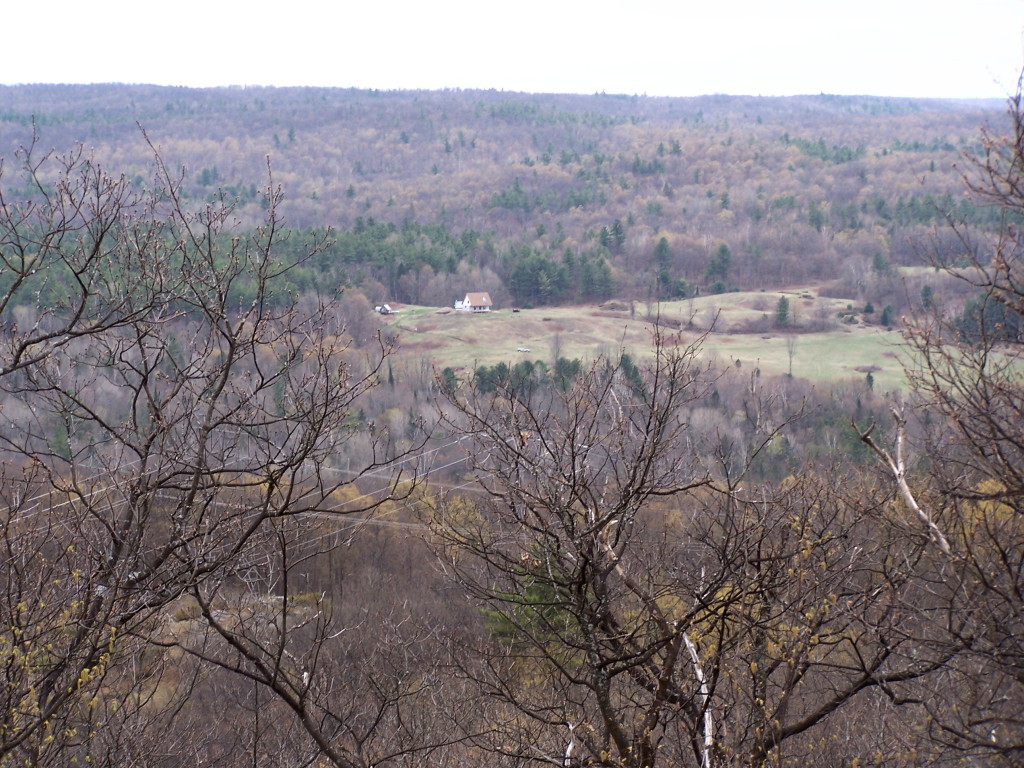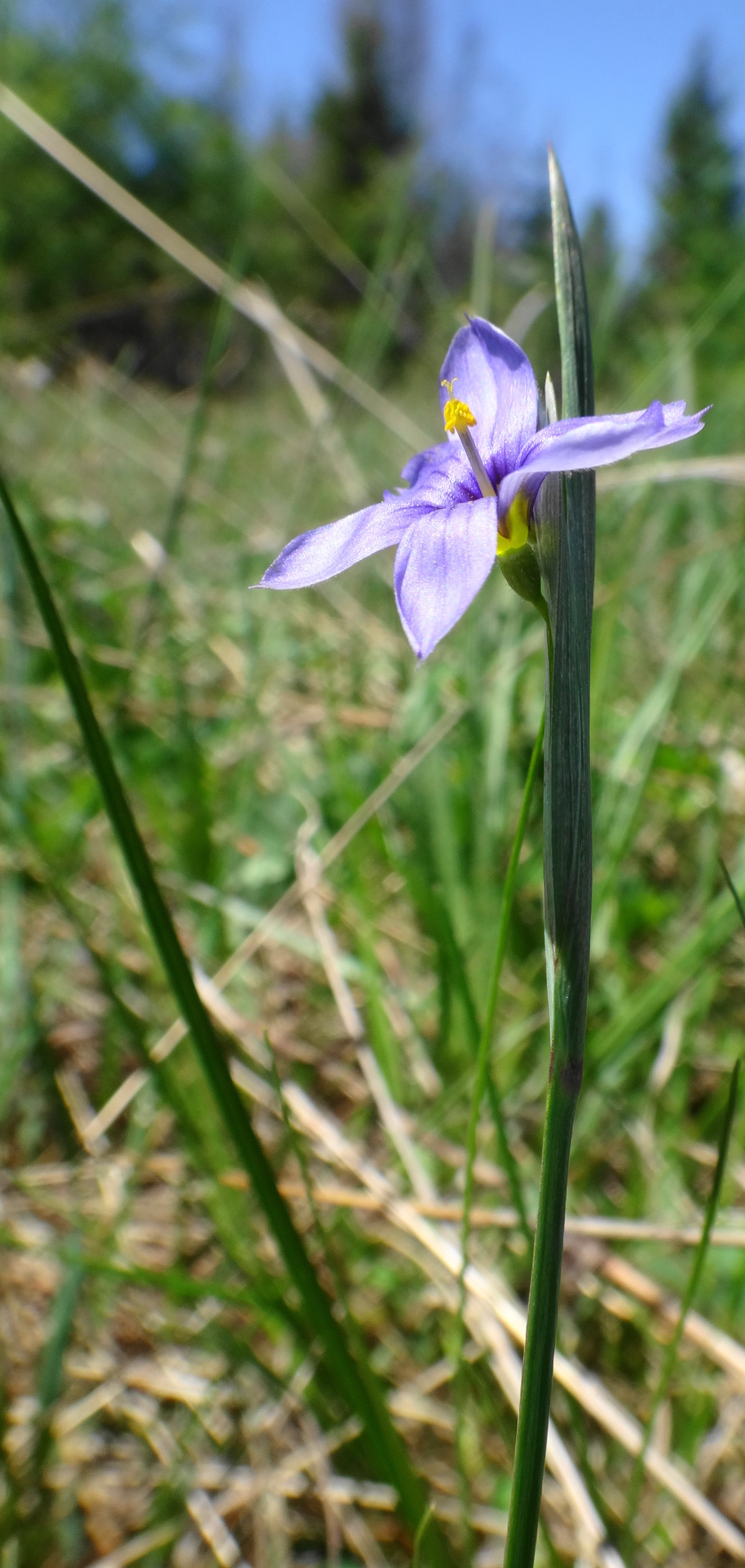Last autumn, Sue and I disposed of our car and turned to VrtuCar (a local car-sharing business) for our transportation needs. Consequently, this spring, I’ve lacked an easy way of transporting my canoe around Ottawa. I have yet to fish for pike in Constance Bay, or paddle up the Rideau looking for the big snapping turtle that basks on a sagging crack willow, or fall on my butt in the muck while hauling over a beaver dam along some narrow creek in the Marlborough Forest. In fact, I feel a bit stir crazy.

I didn’t like Ottawa when I arrived here twenty years ago. I had grown up in Victoria and Vancouver, with the sea and the mountains close at hand. I had lived for eight years in Edmonton, with frequent forays to Jasper or out into the prairie parkland. I revelled in the sky, the space and the light. Ottawa, in contrast, seemed to have none of these: the forests were beautiful, and I appreciated the chance to swim in deep, clean lakes after years of prairie potholes; but I missed the horizon and the bevelled edge of the rockies. I missed the gothic skies: the vast, blue dome of the sky on a still, deadly-cold winter morning, or cathedral pillars of thunderheads mounting over fields of wheat. In Ottawa, it seemed, every sightline ended with another row of trees.
Then, a few years ago, I bought a canoe. Light enough to portage and control myself, but long enough to float over all but the shallowest rock. I launched it on lakes, rivers and streams around the region, exploring side channels and bays, tucking under leafy banks and cruising tight, winding channels through marshes and swamps. In it, I discovered the secret of Ottawa’s beauty: intimacy.
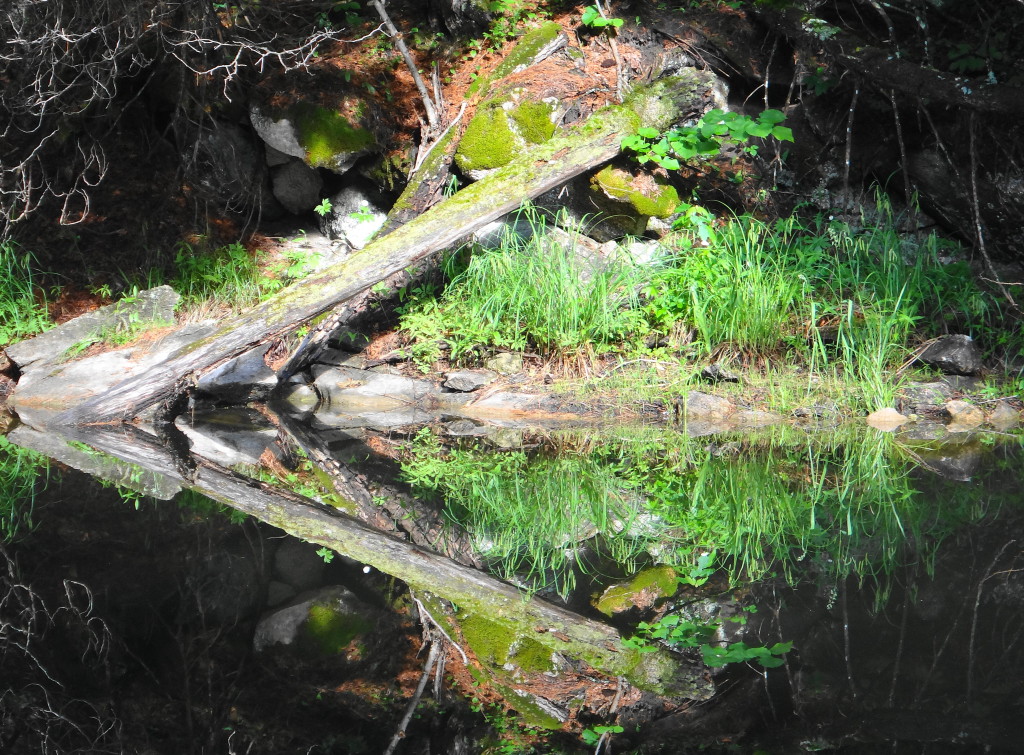
If the prairies are a cathedral, then Ottawa is a chapel. Whispers replace echoes. Everything feels immediate. I skirt lilypads along the bend of creek and watch a painted turtle slip off a log just ahead. I watch dark shadows of pike and gar dart from under my bow as I edge through rushes along the Ottawa River. Or I drift slowly, while a muskrat swims past with a mouthful of reeds and a heron watches serenely from the shore. On foot or on my bike, I dip into a damp, cove forest and stop to admire a garden of ferns, impossibly green under the dense maple canopy. Oyster mushrooms spread over a rotting log (and I curse that I’ve again forgotten to bring a paper bag). A red-eyed vireo sings incessantly overhead. A small brook chuckles nearby. I follow the banks, admiring the liverworts and turning over small logs to look for salamanders. The damp odour triggers hovering memories, like the scent of incense.
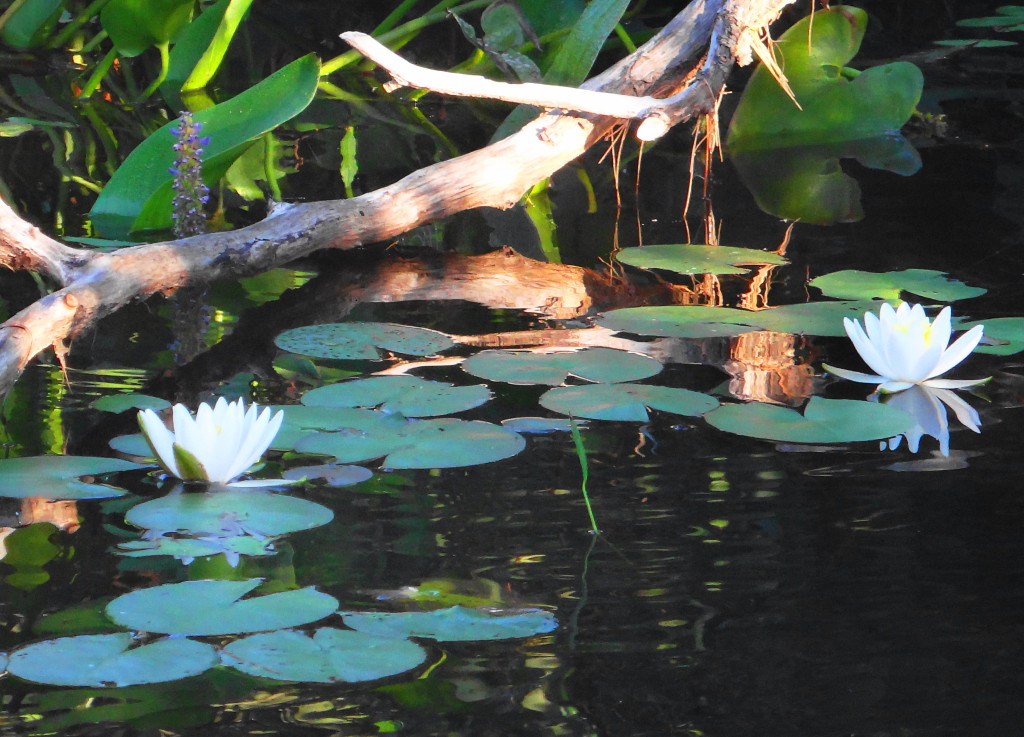
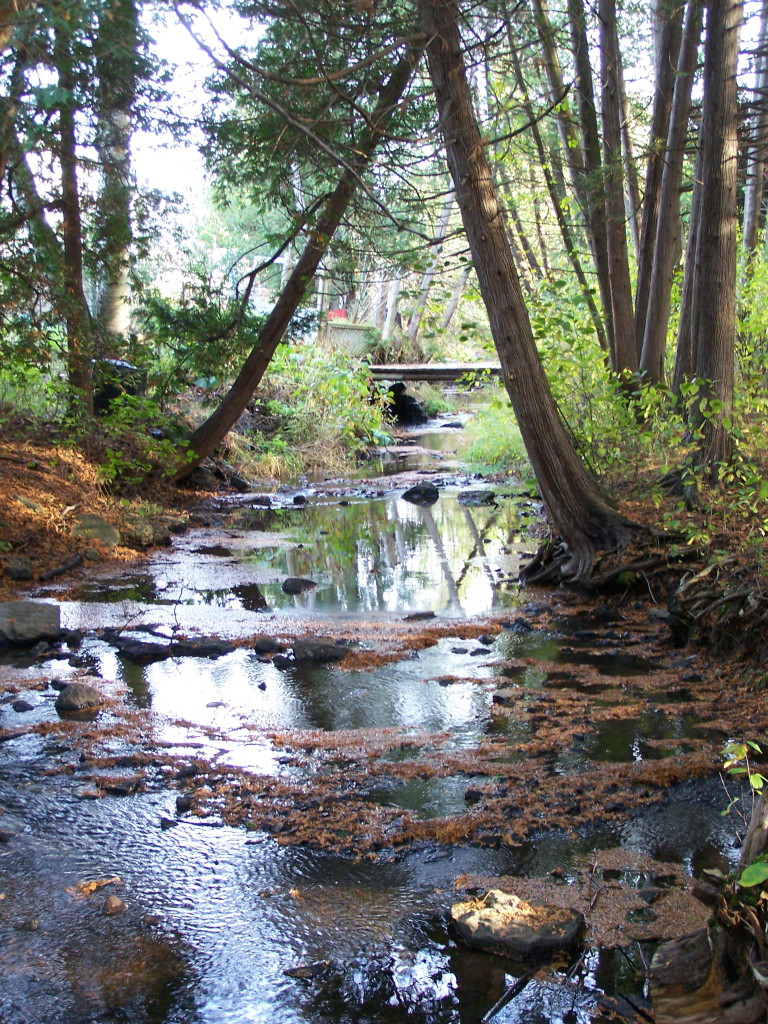
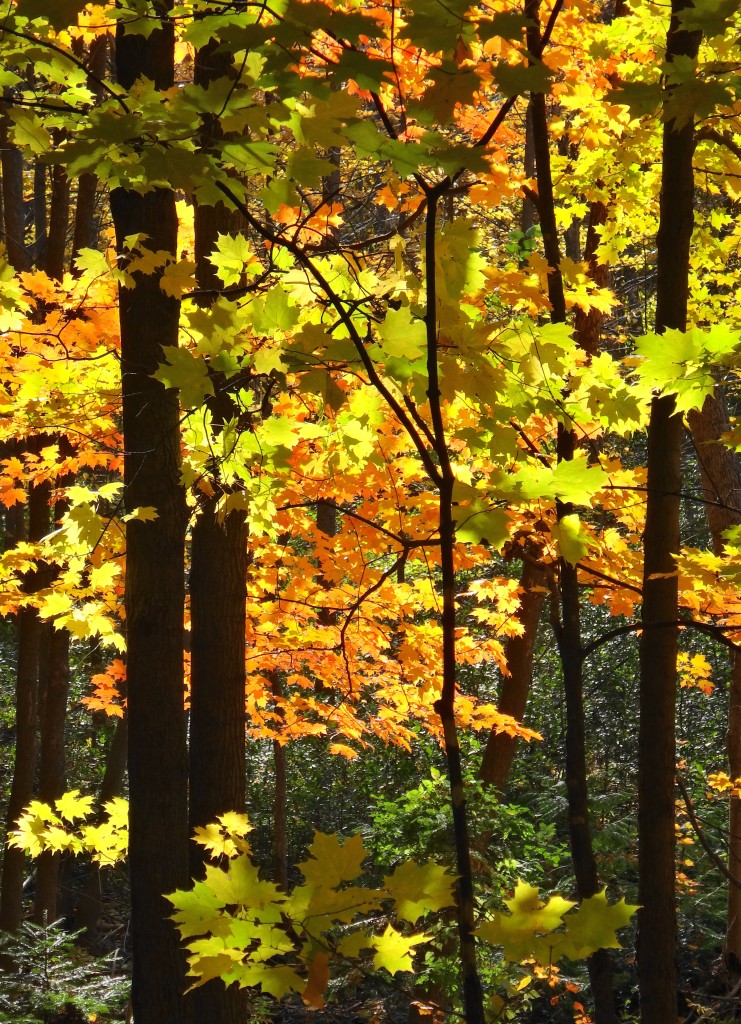
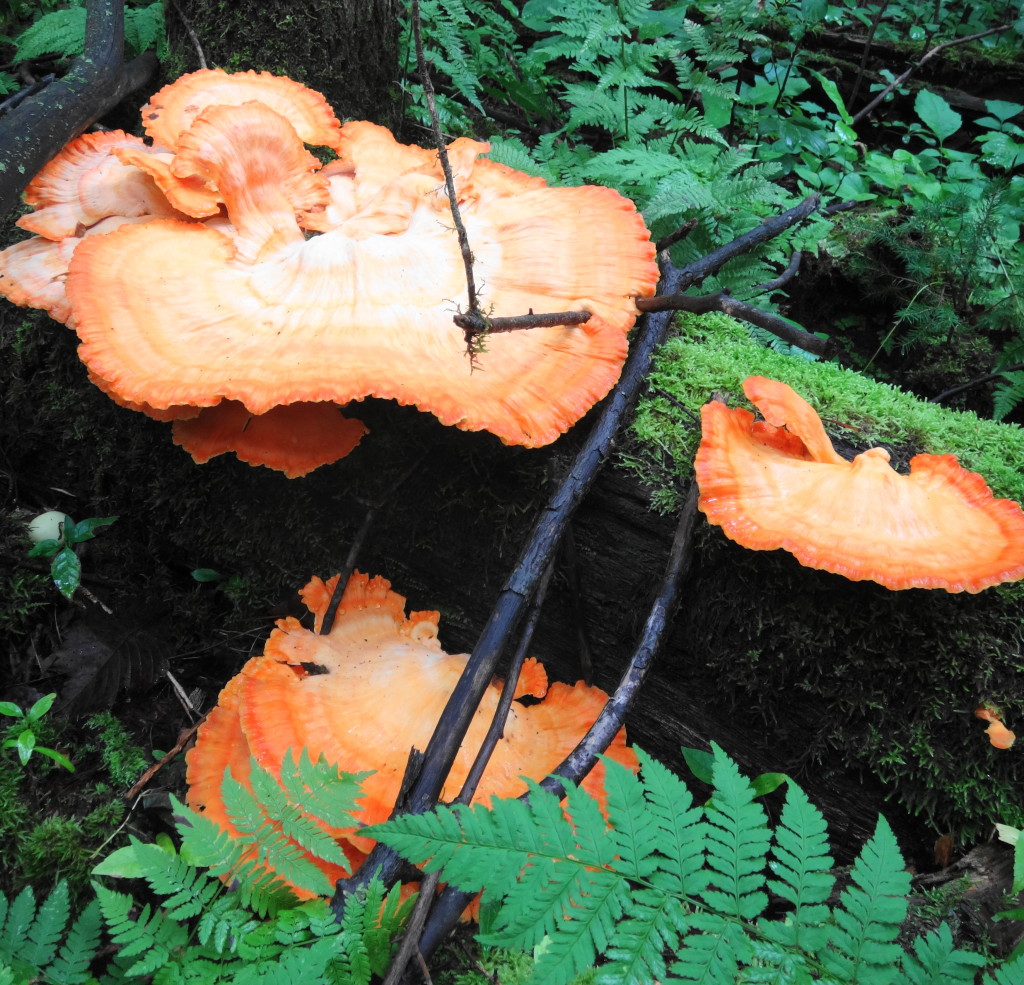
Even the vistas seem intimate. Standing on the prairie, the vastness takes away my breath. I feel like a visitor, tolerated but never entirely welcome. A distant hawk, spiraling on a thermal, calls out his accusation (as Whitman would put it). Whereas, standing on an escarpment, looking over the Ottawa Valley or the Madwaska Highlands, I feel the distance shrink and the details grow. The forests and fields each have their own character, and I can imagine walking through them. I know where I’ll find the sagging line of an old, split rail fence, the craggy bark of burr oak, and a lichen-crusted mossy rock outcrop on which to eat my lunch.
